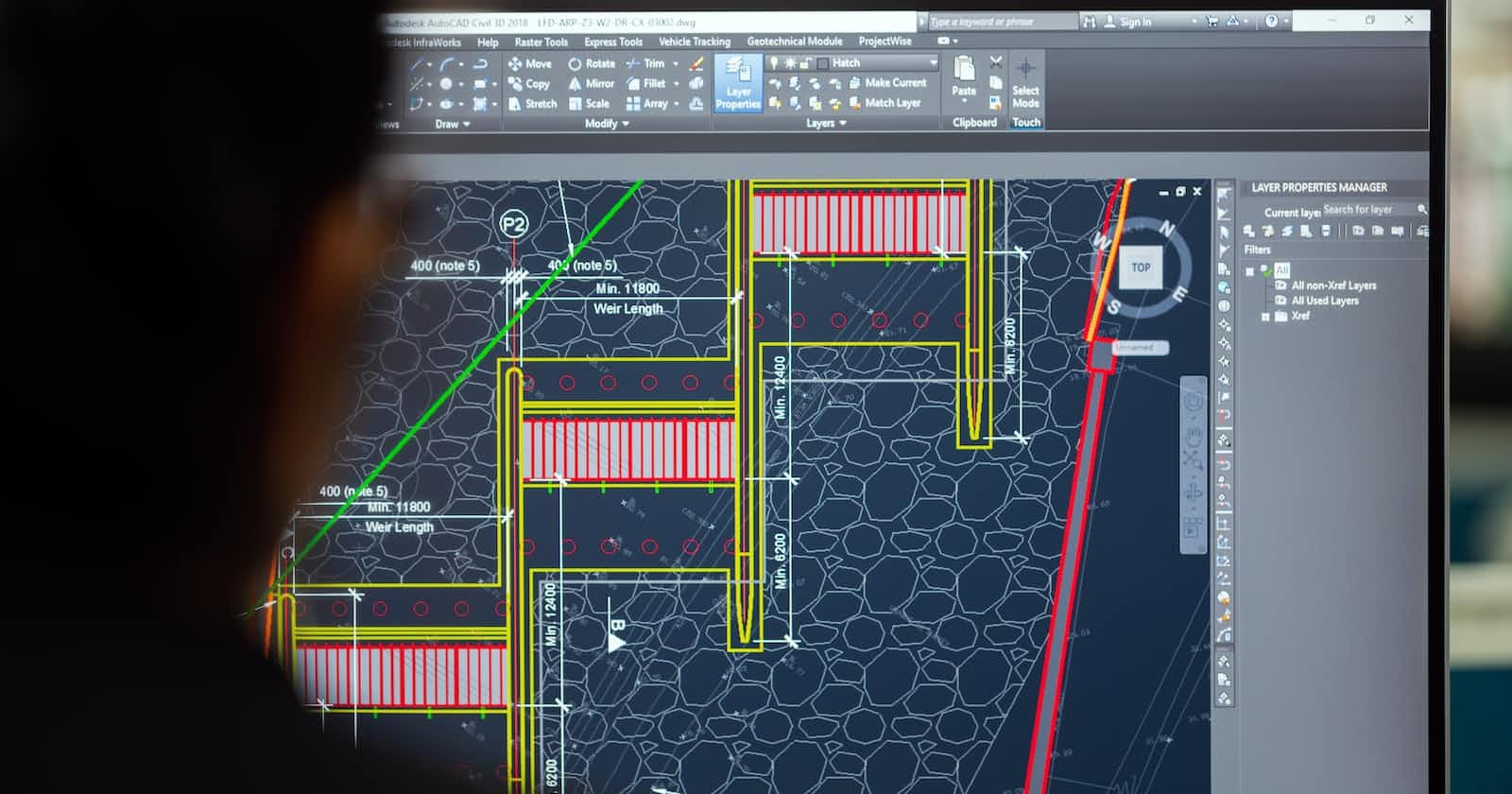
Photo by ThisisEngineering RAEng on Unsplash
The Power of Planning: Understanding the Importance of System Design in Software Engineering
Table of contents
No headings in the article.
System design is an essential aspect of software engineering that plays a vital role in the success of a software project. It involves the process of designing and creating a software system that meets the functional requirements of the project, while also being scalable, maintainable, and efficient.
The importance of system design cannot be overstated. It sets the foundation for the entire software development process and ensures that the software system is designed to meet the requirements of the project in the most efficient and effective way possible. Without a well-designed system, the project may fail to meet its objectives, and it may be difficult to maintain and scale in the future.
One of the key benefits of system design is that it helps identify and resolve potential problems early on in the development process. By creating a comprehensive design that covers all aspects of the software system, developers can identify and address potential issues before they become major problems. This can save a significant amount of time and resources, as it is much easier and less expensive to fix problems early on in the development process.
Another important benefit of system design is that it helps ensure that the software system is scalable and maintainable. A well-designed system can be easily scaled up or down to accommodate changes in demand, while also being easy to maintain and update. This is particularly important for software systems that are intended to be used over a long period of time, as it can be costly and time-consuming to make changes to an inefficient or poorly designed system.
Furthermore, a well-designed system can help improve the overall user experience. By creating a system that is intuitive and easy to use, developers can ensure that users are able to quickly and easily accomplish their tasks. This can lead to increased user satisfaction and engagement, which can in turn lead to greater adoption and use of the software system.
To ensure that system design is effective, it is important to follow a structured and systematic approach. This typically involves a process of analysis, design, implementation, and testing. During the analysis phase, the functional requirements of the project are identified and documented. During the design phase, a comprehensive plan is created that covers all aspects of the software system, including the architecture, data structures, algorithms, and user interface. During the implementation phase, the software system is developed and tested, and any issues are addressed. Finally, during the testing phase, the software system is thoroughly tested to ensure that it meets the requirements of the project.
In summary, system design is a critical aspect of software engineering that plays a vital role in the success of a software project. It helps identify potential problems early on in the development process, ensures that the software system is scalable and maintainable, and improves the overall user experience. By following a structured and systematic approach to system design, developers can create software systems that meet the requirements of the project in the most efficient and effective way possible.
